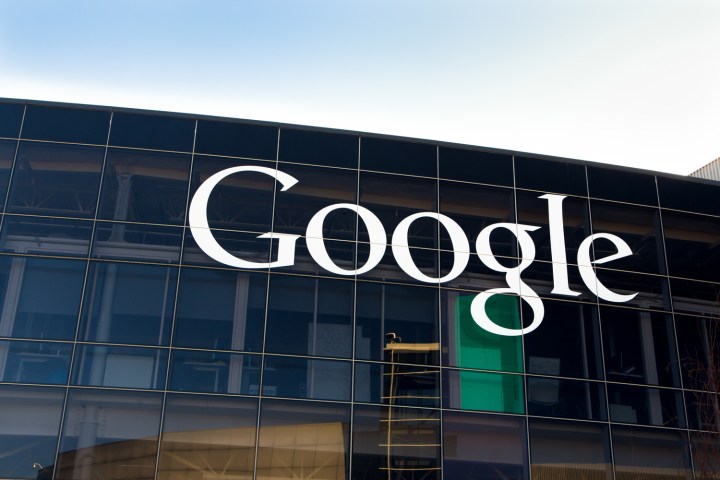
“In our continued effort to increase transparency around government demands for data, today we begin to make available to the public the National Security Letters (NSLs) we have received where, either through litigation or legislation, we have been freed of nondisclosure obligations,” Google Director of Law Enforcement and Information Security Richard Salgado wrote in a blog post.
If you’ve never heard of an NSL, that’s not exactly surprising — most of the time, they are accompanied by gag orders that prevent the receiving parties from discussing the letters or their contents. Specifically, they are a type of subpoena issued by the U.S. federal government to request information for “national security purposes,” but don’t require prior approval from a judge — a majority are justified under Executive Order 12333, a Ronald Reagan-era decree used to authorize domestic surveillance. They are not bound by a time frame and they do not require authorities to put forth evidence for the information they request.
The eight letters published by Google requested the name, address, length of service, and “electronic communications transactional records” of around 20 users. Most appear to target Gmail, Google’s free-to-use email client on the web and mobile devices. A majority were sent by the FBI field office in Charlotte, North Carolina, and others came from Florida, New York, Arizona, and California.
NSLs rarely see the light of day and Google was prohibited from disclosing Tuesday’s letters when they were first issued. But the letters’ accompanying gag orders were lifted as part of a far-reaching review undertaken by the Department of Justice. In accordance with the amended USA Freedom Act’s classification guidelines, the government has systematically reviewed the FBI’s requests over the past six months, in some cases declassifying the agency’s subpoenas.
In June, Yahoo disclosed three NSLs it received from the FBI. Earlier in December, The Internet Archive followed suit.
The eight NSLs Google published on Tuesday likely are not the agencies only letters. In the company’s transparency report earlier in 2016, it reported an influx in the range from 0-499. (It’s prohibited by law from providing a specific number.)
Google’s spearheaded the opposition against NSLs over the past several years. It’s challenged 19 NSLs in court and in a significant court win against federal authorities, was permitted to inform associates of whistleblowing website Wikileaks that its data had been requested. The search giant will soon begin incorporating NSL disclosures as part of its annual transparency report, Salgado wrote.
“While we are encouraged by this development, we will remain vigilant in opposing legislation that would significantly expand the universe of information that can be obtained with an NSL,” he wrote.


